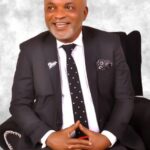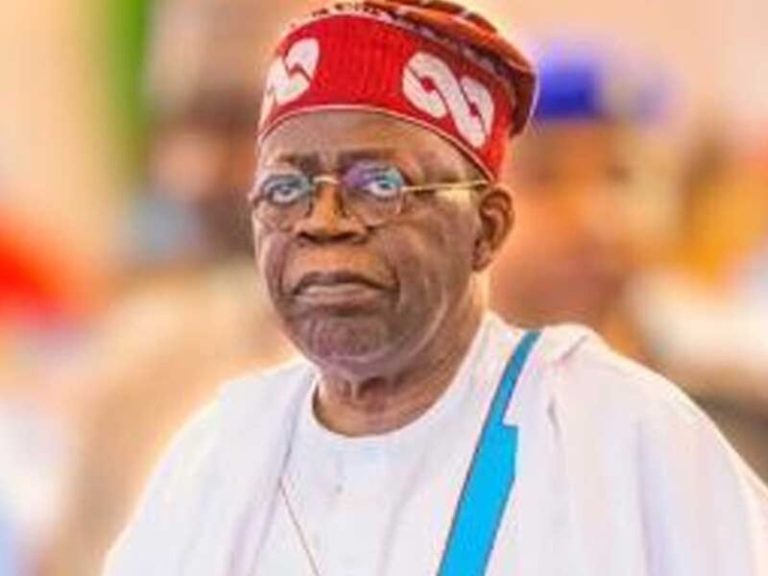Aleke Aleke in Abuja
Foreign relations experts, scholars, diplomats, and international relations analysts have warned that the non-appointment of ambassadors, two years after the inauguration of the current administration of President Bola Ahmed Tinubu, will stall the nation’s foreign policy thrust rooted in the 4-Ds: Diaspora, Development, Democracy, and Demography.
The current administration, at its inception, unveiled a new foreign policy framework built around Democracy, Development, Demography, and Diaspora. Explaining the new policy thrust, the Minister of Foreign Affairs, Ambassador Yusuf Tuggar, stated that the nation’s development, as well as robust relations and engagement with other friendly sovereign nations, regional bodies, and multilateral institutions, depends on it.
According to him, “Nigeria’s—and indeed Africa’s—development increasingly depends on a new line of vision, which has been well articulated in President Bola Tinubu’s new foreign policy concept. Democracy is a universally accepted form of governance that guarantees freedom, human rights, and the rule of law.”
He highlighted Nigeria’s demography, describing it as the largest Black nation in the world, with a population of over 200 million people. “This speaks to the country’s greatness and how its human capital endowments can be harnessed for national development, which underscores the importance accorded to the four Ds,” he said.
However, experts have expressed concerns over the administration’s inability to appoint ambassadors to head the country’s foreign missions two years after taking office.
Speaking to Timesreporters in a telephone interview, the Head of the Department of Political Science at Benue State University, Makurdi, Dr Atah Pine, said the federal government’s 4-Ds foreign policy thrust cannot be actualised without the appointment of ambassadors.
He noted that given the range of problems associated with the absence of ambassadors, it is clear that unless Nigeria appoints them, the country will remain constrained within the international system—especially in pursuing the goals of its foreign policy agenda.
He said: “The government can work with a 4-Ds foreign policy agenda—Diaspora, Development, Democracy, and Demography—which is the policy thrust of the Tinubu administration. However, if we don’t have ambassadors, that policy cannot be actualised because, ultimately, ambassadors are the agents of implementing the 4-Ds and achieving strategic autonomy.”
The international relations scholar added that there are significant implications of not having official envoys at the nation’s foreign missions.
He argued, “There are certain levels of engagement that only ambassadors, and not just career embassy staff, can attend to. As a result, Nigeria is losing out at the ambassadorial level of representation. We’re not talking about routine tasks like file handling—which embassy staff can manage at any time—but critical diplomatic representation.
“Secondly, we cannot effectively push the country’s economic policies without ambassadorial representation, as high-level meetings that drive such policies are typically led by ambassadors. So, there’s also an economic crisis angle to this issue. Additionally, bear in mind that the government is trying to implement its ‘Nigeria First’ policy. At the international level, we are struggling to execute this without ambassadors.
“Thirdly, we lack people who can promote and defend the country’s image abroad, leading to an image and information crisis. But, above all, it reflects poorly on Nigeria’s sovereignty. In the comity of nations, for a major country like Nigeria—one that claims to be a regional superpower—failing to appoint ambassadors two years into an administration undermines that image. It is also a political minus for the administration, as the reason for the non-appointment is difficult to justify.”
Former Nigerian Ambassador to Mexico, Ambassador Ogbole Amedu-Ode, said the non-appointment and deployment of principal envoys at ambassadorial level to head key Nigerian diplomatic missions has dragged on for more than two years.
The retired ambassador noted that, on the surface, it may not seem to matter, because governance is a continuum, adding in diplomacy (and indeed in other sectors), structures are in place such that, in the absence of a substantive head, someone is always designated to act — in this case, the Chargé d’Affaires ad interim (CDA, a.i.)
He however stated that after the recall of the principal envoys, it was expected that by now their successors would have assumed duty in the various missions.
The retired diplomat said, “That is not the case. As stated earlier, it might not seem important — but in the strict hierarchical world of diplomacy, seniority in rank and position matters significantly. And this is where Nigeria may be missing out. For example, during PBAT’s state visits to France and South Africa, it was important for substantive heads of mission to be present on the ground in order to receive the courtesies due at such high-level events.
“For career diplomats who have reached the stage where they expect their first postings as ambassadors, this delay is affecting morale and, by extension, productivity. For them, time is of the essence in fulfilling their career goals.”
Global Affairs Analyst, Dr Ambrose Igboke, expressed regret over reports that some Nigerian embassies abroad have struggled to pay their rent.
He emphasised that the Foreign Minister is under immense pressure trying to coordinate relations with numerous countries, noting that ambassadors are central to diplomatic engagement — and Nigeria is no exception.
He said, “It is baffling that a country as large as Nigeria, with many diplomatic missions abroad, lacks ambassadors to lead those missions. We cannot continue like this. One of the excuses given — that there is a paucity of funds — is laughable, to say the least.
The government has not demonstrated that there is a genuine lack of funds. Officials are living lavishly, the cabinet is being expanded, a new presidential jet has been procured, and the National Assembly is acquiring bulletproof SUVs — yet we claim there’s no money. This is not about scarcity; it is about priorities. The problem is simply that we are not prioritising what truly matters”











